Cambodia's Economic Transformation
by NIASEdited by Caroline Hughes and Kheang Un
2011, 371 pp. 15x23 cm
- First book on the transformations wrought by Cambodia’s 2002–8 economic boom.
- Explores the impact of the boom on governance, economic structure, and opportunities for the poor.
- Provide new insights into the relationship between economic growth and political stability in post-conflict societies.
- Cross-disciplinary study involving Cambodian and foreign scholars.
From 2002, Cambodia underwent a visible economic transformation driven largely by such external factors as increased Chinese demand for primary commodities and a strong international demand for Cambodian garments. Apart from dramatic rates of economic growth, the boom involved the disappearance of forests and the decline of logging, the inflow of Chinese investment and the rise of indigenous capital, and the increased significance of remittances from garment workers and labour migrants. In addition, the impact of government policies on land registration and concessions transformed relations of production and, with them, the socio-economic and political environment in rural and urban Cambodia.
Cambodia’s Economic Transformation examines the political economy of the Cambodian boom, analysing the changing structure of the economy, the relationship between state and market, and outcomes for the poor. Not least, it focuses the role of the state in facilitating and controlling the market, and the way that this has affected the life chances of the poor. In so doing, it situates Cambodian experience within key debates in the wider political economy of Eastern Asia, scrutinizing the relationship between class formation, structures of governance and resource distribution. The analysis gives rise to a deeper understanding of the nature of the market as it has emerged in Cambodia over the past decade, and the prospects for how much the poor might be able to constrain tendencies towards a disproportionate accumulation of wealth by the Cambodian elite.
Caroline Hughes is Director of the Asia Research Centre at Murdoch University and has been studying the process of economic and political change in Cambodia since 1995. She serves as a research advisor to the Cambodia Development Resource Institute in Phnom Penh.
Kheang Un is Assistant Director of the Center for Southeast Asian Studies at North Illinois University. His interests include democratization, human rights, NGOs, and political economy. Like Caroline Hughes, he serves as a research advisor to the Cambodia Development Resource Institute in Phnom Penh.
At the 2011 ICAS-AAS conference in Honolulu, Kheang agreed that we film an interview with him about his research and about his latest book. This was a long interview, which we have split into two clips. In the first, Kheang discusses Cambodian studies in general; he argues that certain long-standing scholarly perspectives on Cambodia (not least the focus on democratic transition and past national traumas) need to change. In the second clip, he describes why and how Cambodia’s Economic Transformation came to be written.
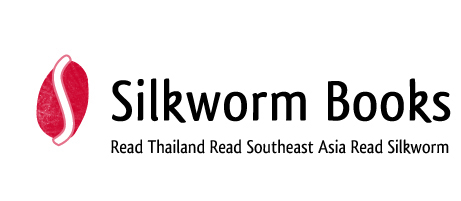
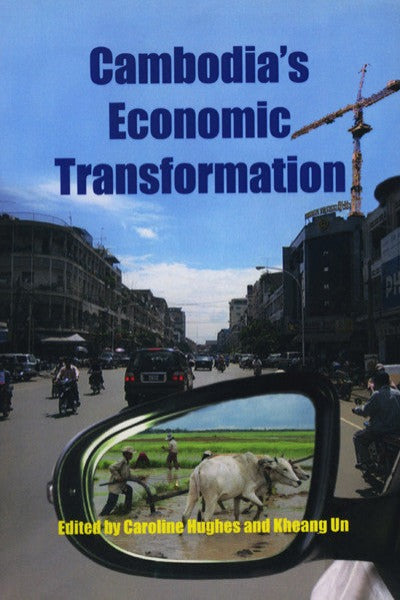
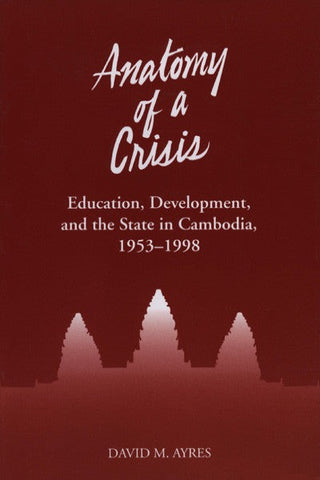
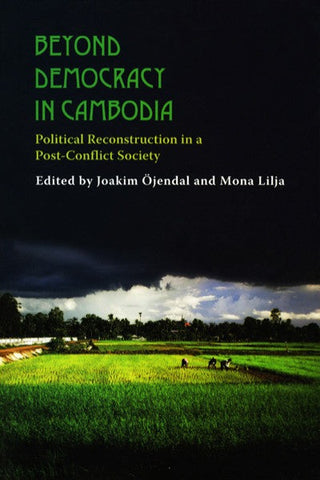
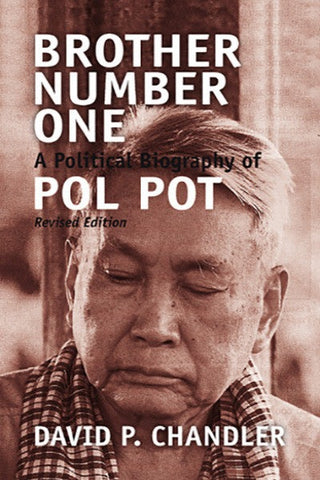
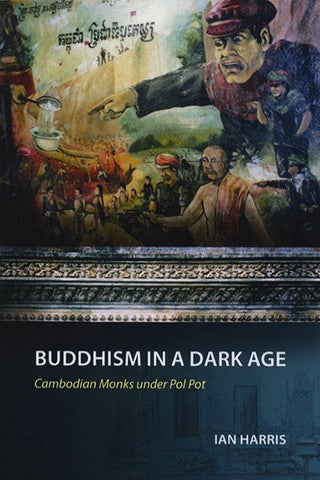
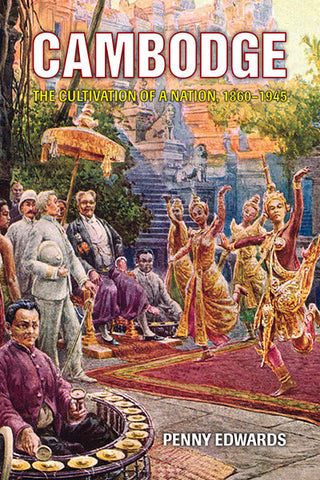
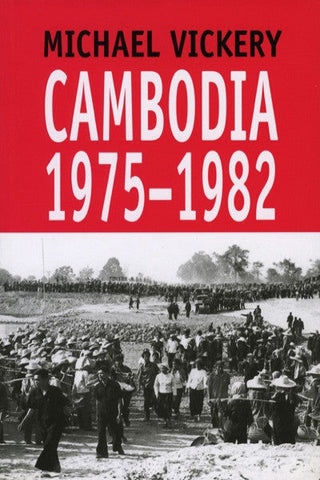
Share this item: